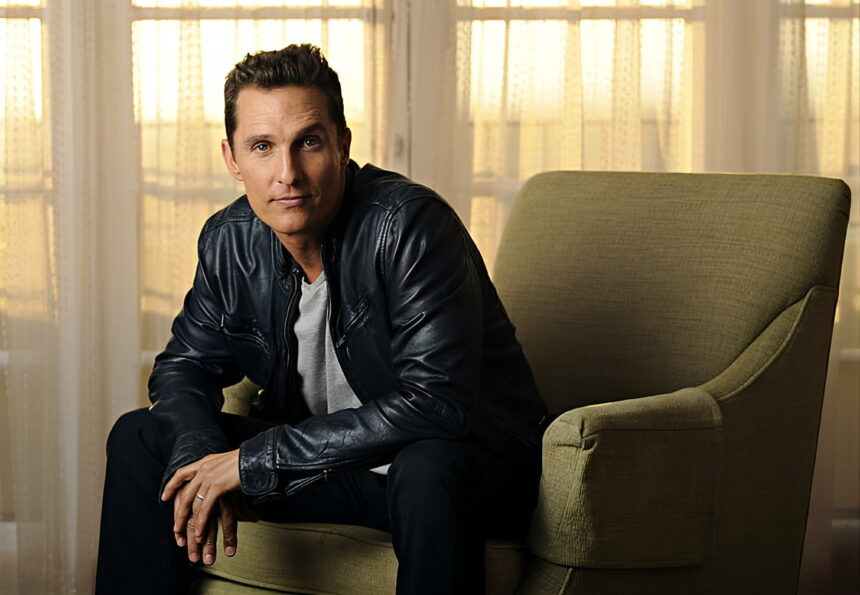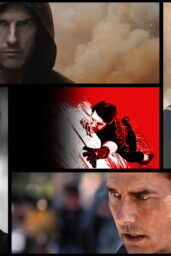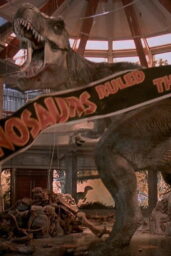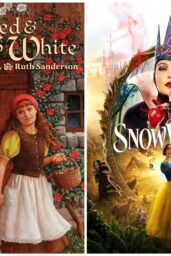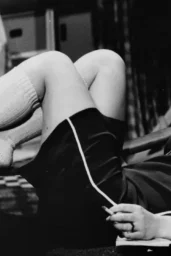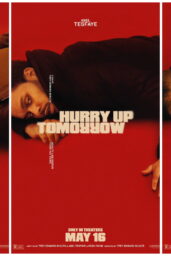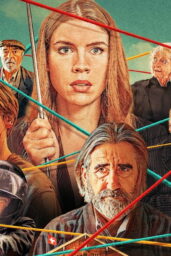Cinema has always thrived on rebellion. From Braveheart to Spartacus, stories of uprising remind us that history's most seismic shifts often begin with a single spark. Now, Paul Greengrass—a maestro of tension—teams with Matthew McConaughey for The Rage, a film that plunges into the chaos of England's 1381 Peasants' Revolt. But will this be another gritty historical footnote, or a mirror to our own fractured times?
The Crucible of History
Set against the Black Death's aftermath and the Hundred Years' War's economic toll, The Rage follows McConaughey as a farmer turned revolutionary leader, speculated to be Wat Tyler—a figure whose short-lived rebellion ended in betrayal. Greengrass, known for his kinetic handheld camerawork in United 93 and Captain Phillips, here swaps modern crises for medieval strife. His script, penned solo, promises a raw, unflinching lens on class warfare, a theme as timely as ever.
Jason Blum's Blumhouse Productions—typically synonymous with horror—ventures into historical terrain, a bold pivot that could either electrify or misfire. Notably, Benedict Cumberbatch was once attached to the project (then titled The Hood), but McConaughey's rugged intensity feels tailor-made for Greengrass' vision.
Behind the Scenes: A Collaboration Forged in Fire
McConaughey and Greengrass recently wrapped The Lost Bus (Apple Studios), a drama about California's wildfires, suggesting a creative synergy rooted in human resilience. Meanwhile, McConaughey's The Rivals of Amziah King—a gritty thriller premiering at SXSW—hints at his continued gravitation toward morally complex roles.
Philosophical Lens: Why Revolts Resonate
Greengrass' filmography thrives on urgency. Whether documenting 9/11 (United 93) or Somali piracy (Captain Phillips), he distills chaos into intimate human stakes. The Rage could bridge his signature style with historical allegory, asking: How does systemic oppression birth revolution? In an era of rising inequality, this 14th-century tale might feel unnervingly prescient.
Personal Impressions: Sparks and Doubts
Greengrass' gamble excites me. McConaughey, post-True Detective reinvention, has the gravitas to anchor a revolt—think his Oscar-winning Dallas Buyers Club grit meets Interstellar's existential weight. Yet, historical epics risk romanticizing violence or flattening nuance. Will Greengrass' docudrama approach honor the peasants' raw desperation, or reduce their struggle to spectacle?
Blumhouse's involvement intrigues. Their horror roots might inject visceral tension, but historical accuracy demands rigor. If The Rage balances brutality with empathy, it could join The Northman as a genre-defying triumph. If not? A missed chance to resurrect Wat Tyler's ghost for a modern audience.
“Do you think historical revolts like the Peasants' Uprising still hold lessons for today's social movements, or are they relics of a distant past?”

